-
 Call Now ! Mob : +91 73737 11339 +91 73737 11333
Call Now ! Mob : +91 73737 11339 +91 73737 11333 -
 Email Now srrcet2010@gmail.com
Email Now srrcet2010@gmail.com
To innovate and achieve excellence in Education, Research and Extension in Agriculture for sustainable development and meeting global opportunities in conserving, preserving and augmenting the environment and natural resources for the betterment of society. To train and produce an Agricultural Engineer with a wealth of knowledge in disciplines like agricultural machinery and automated machine systems, soil conservation, irrigation and drainage, crop nutrient and fertigation, post-harvest handling and value addition, farm animals and housing etc. for the efficient production and processing of food, feed, fiber and fuels.
To provide and enable comprehensive and transformative education system in Agriculture with dynamic research and extension framework to create Professional Technocrats, Agropreneurs and Researchers with high ethical values. To create linkages in learning and research to the needs of farmers and rural society. To develop quality human resources and leaders through skill development and experiential learning process for Agro and Bio Enterprises. To establish the necessary Infrastructure to meet the Industrial and R&D needs. To develop skills on the various aspects of agricultural engineering to make graduates blossom into Entrepreneurs, Scientists, Academicians and Technologists for sustained food production so as to meet the ever-increasing population’s food needs.
Apply knowledge of mathematics, science, engineering fundamentals and an engineering specialization to the solution of complex engineering problems.
Identify, formulate, research literature and analyze complex engineering problems, reaching substantiated conclusions using first principles of mathematics, natural sciences and engineering sciences.
Design solutions for complex engineering problems and design systems, components or processes that meet specified needs with appropriate consideration for public health and safety, cultural, societal, and environmental considerations.
Create, select and apply appropriate techniques, resources, and modern engineering and IT tools, including prediction and modelling, to complex engineering activities, with an understanding of the limitations.
Apply reasoning informed by contextual knowledge to assess societal, health, safety, legal and cultural issues and the consequent responsibilities relevant to professional engineering practice.
Understand the impact of professional engineering solutions in societal and environmental contexts and demonstrate knowledge of, and need for sustainable development.
Apply ethical principles and commit to professional ethics and responsibilities and norms of engineering practice.
Function effectively as an individual, and as a member or leader in diverse teams and in multidisciplinary settings
Communicate effectively on complex engineering activities with the engineering community and with society at large, such as being able to comprehend and write effective reports and design documentation, make effective presentations, and give and receive clear instructions
Demonstrate knowledge and understanding of engineering management principles and apply these to one’s own work, as a member and leader in a team and to manage projects in multidisciplinary environments.
Recognize the need for, and have the preparation and ability to engage in independent and life-long learning in the broadest context of technological change.
Develop skills necessary to design the process and evaluate and come out with problem solutions of farm implements through adequate farm power for sustainable agriculture and to gain better employment in various industries of agricultural engineering.
Develop expertize in planning and management of natural resources through advanced soil and water conservation techniques and various irrigation and drainage methods with the skill of data interpretation
Contribute towards enhancing farmer income & play a dynamic role in the circular economy through technology intervention in promoting sustainable food supply chain & processing of agro-food produce.
Develop diverse capability to work with tractor industries, seed processing industries, irrigation companies and also to run self-entrepreneurship like dairy farming and custom hiring centers.
Support higher studies in IITs, NITs, Central agricultural universities, State agricultural universities, and Foreign universities, Reputed educational institutions in India and abroad.
Be capable of addressing issues of ethics, safety, professionalism, cultural diversity, globalization, environmental impact, and social and economic impact in Agricultural Engineering.
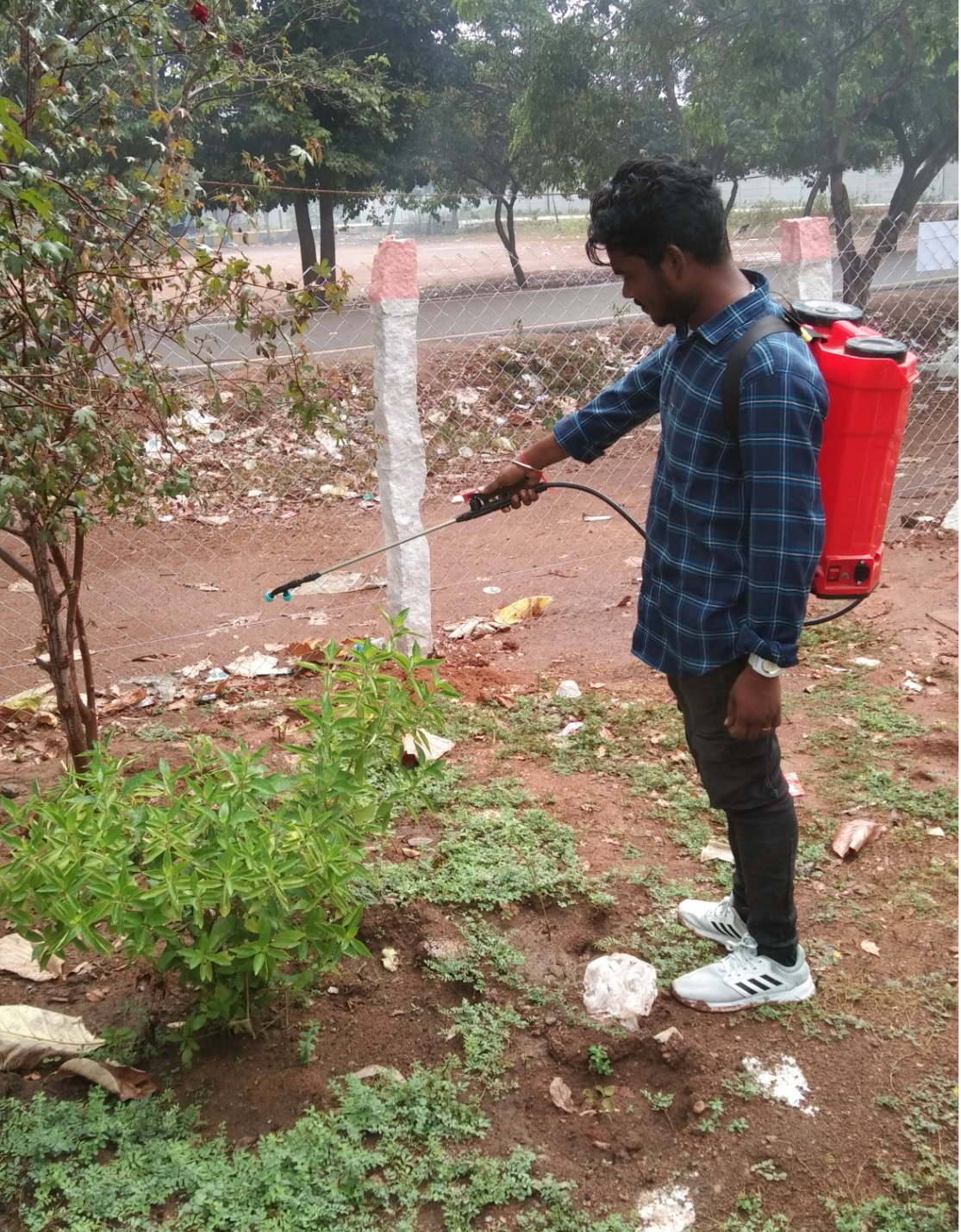
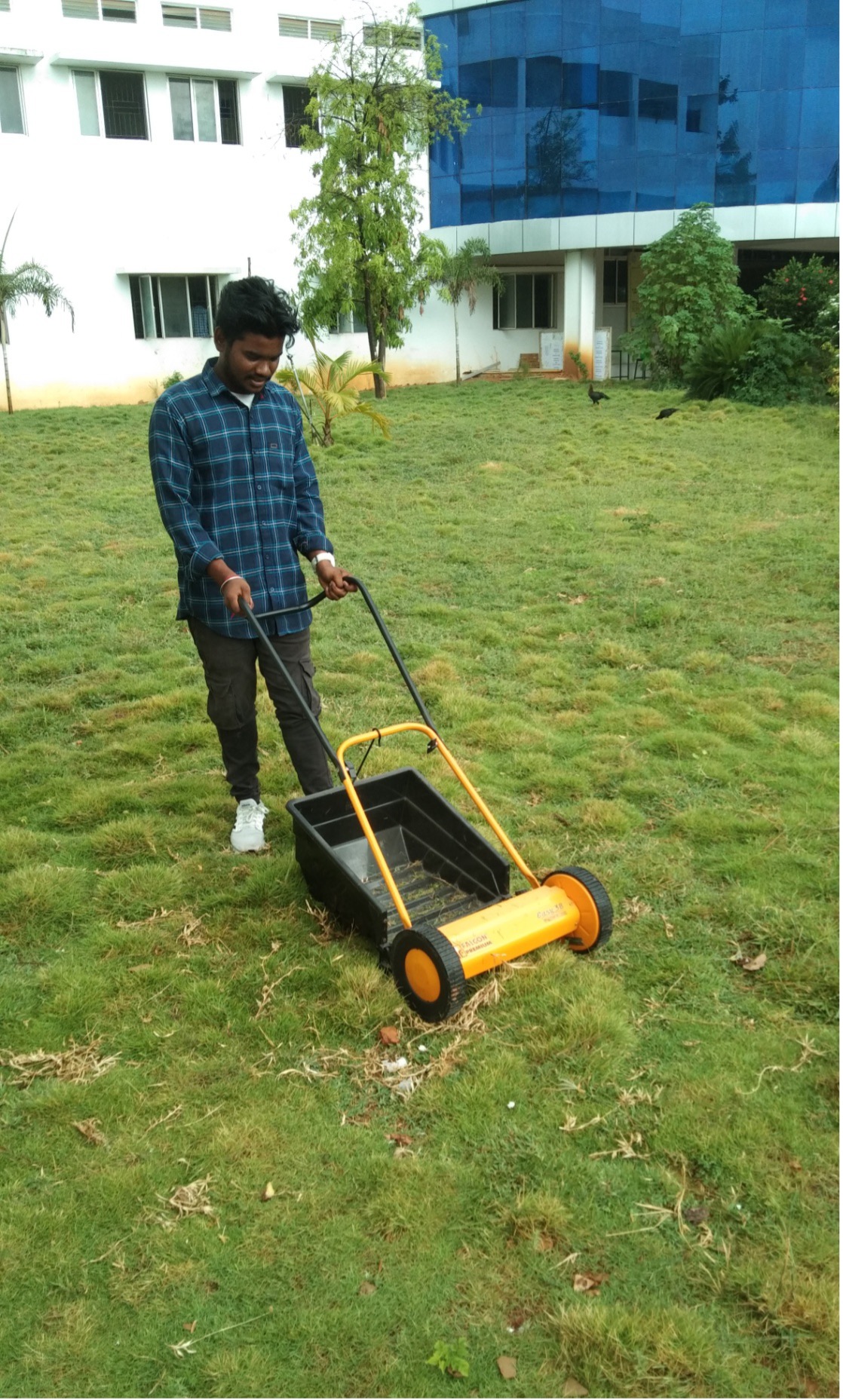
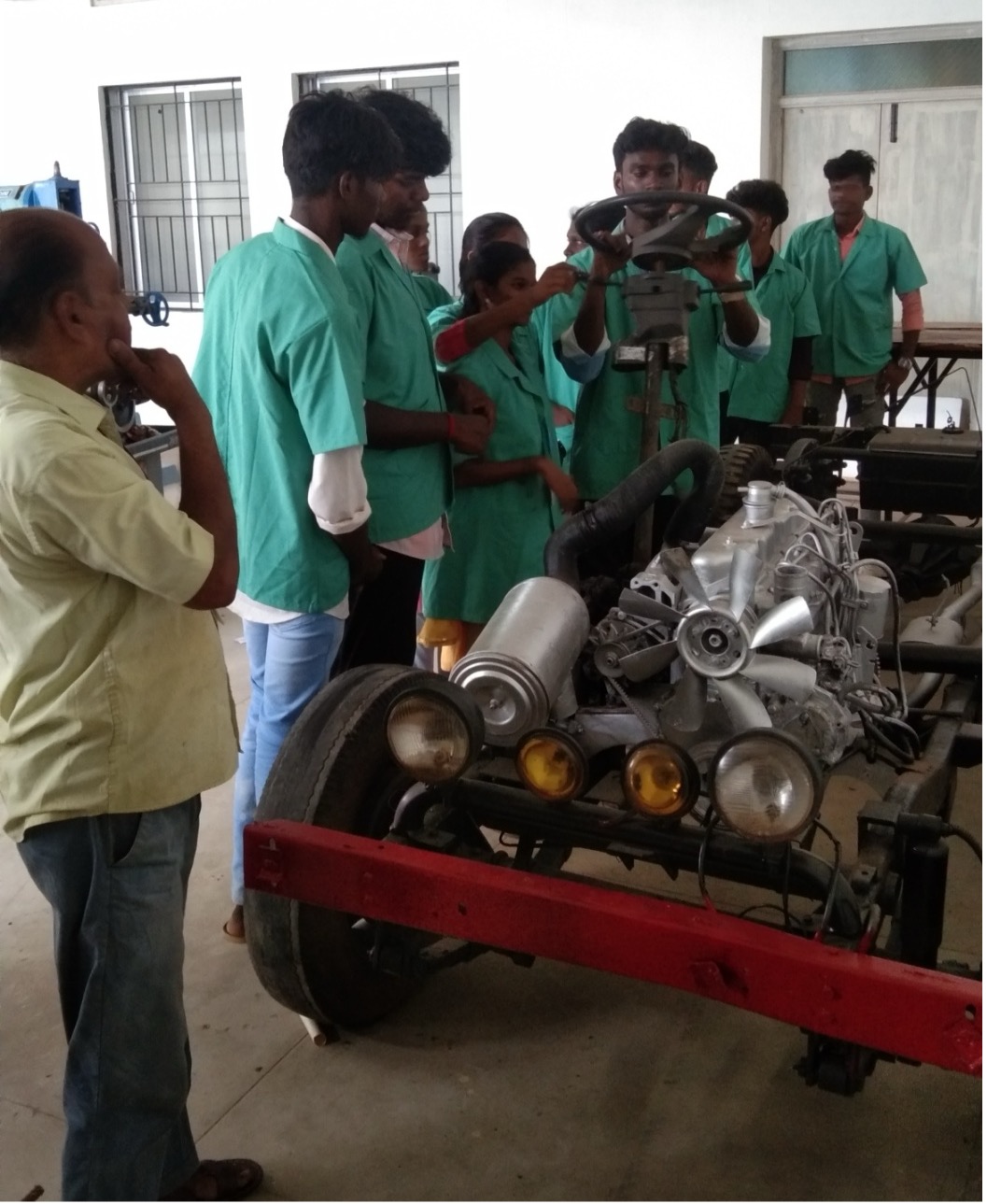


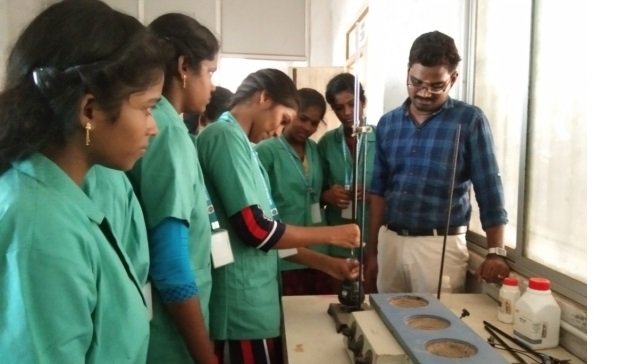
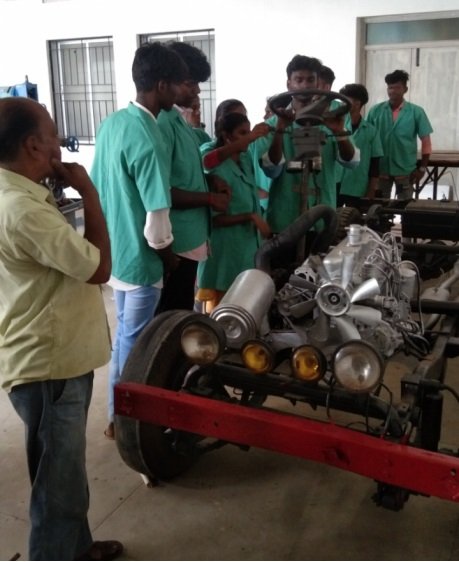
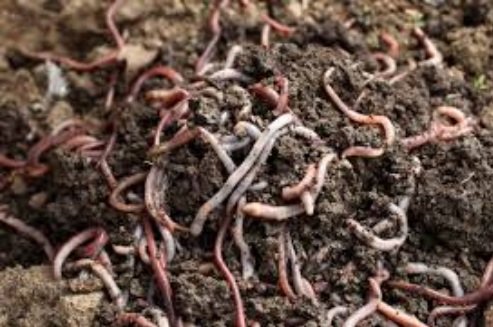
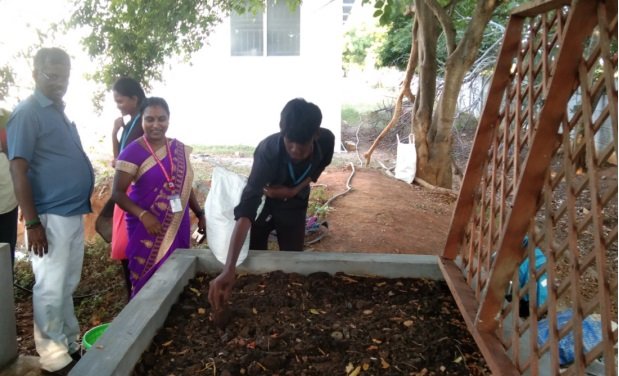
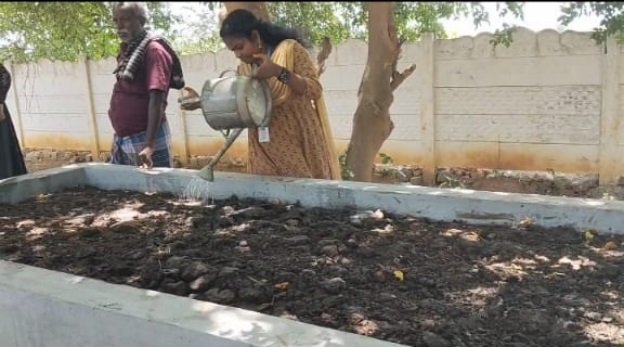
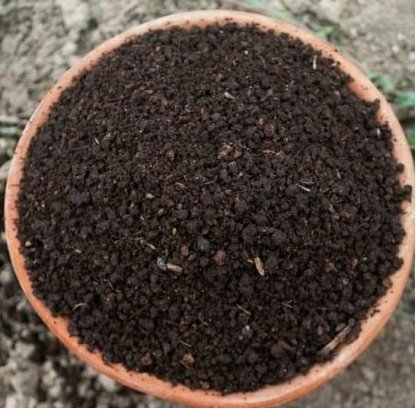
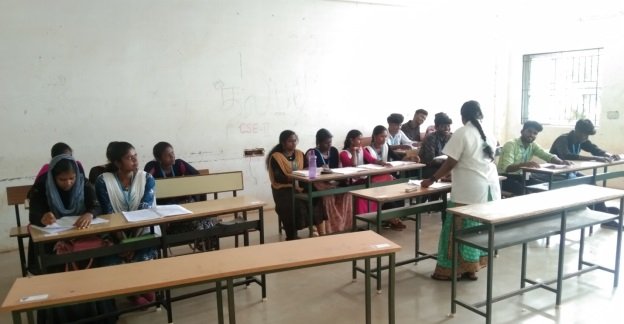
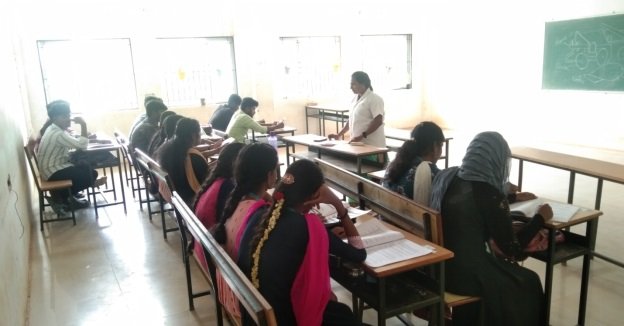
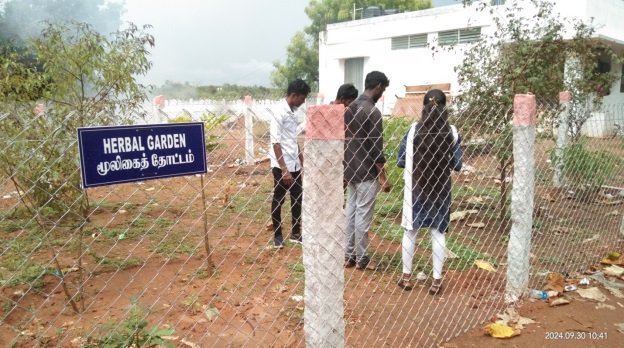
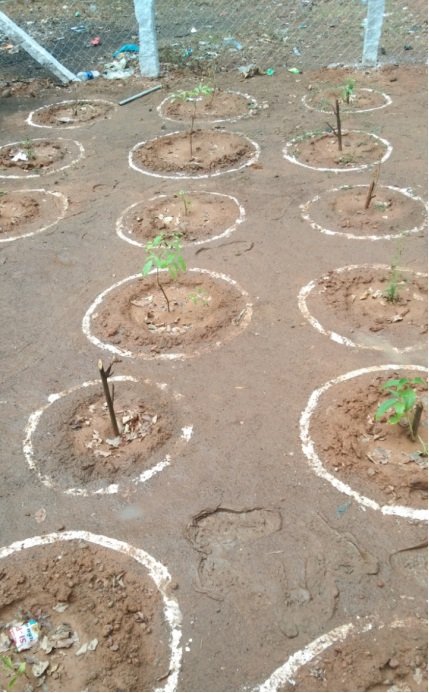
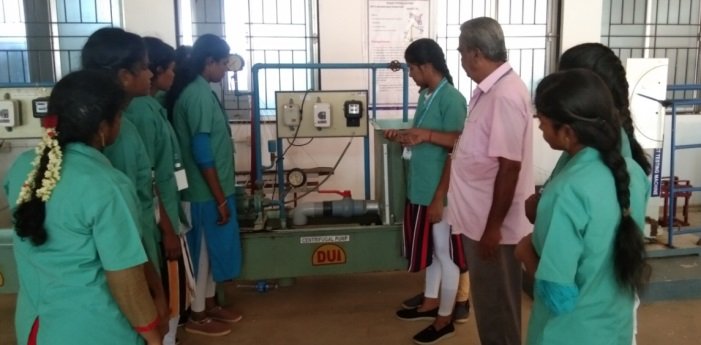
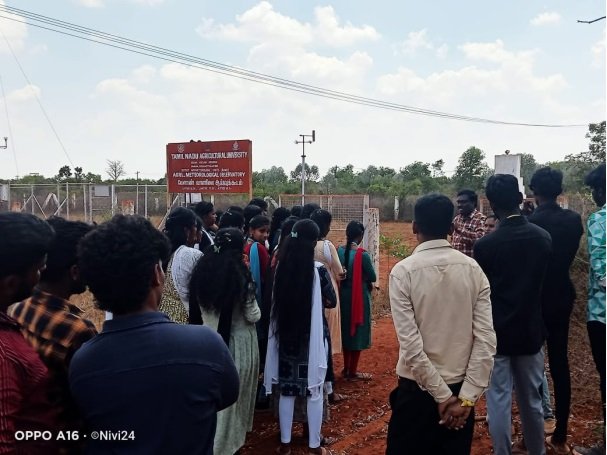
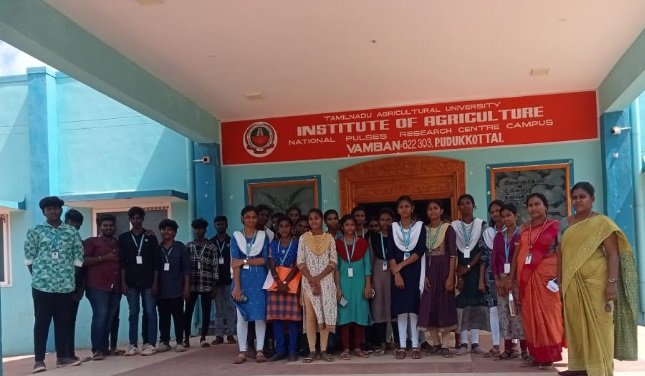
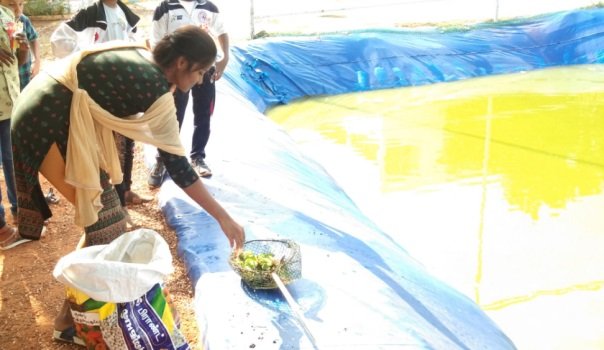
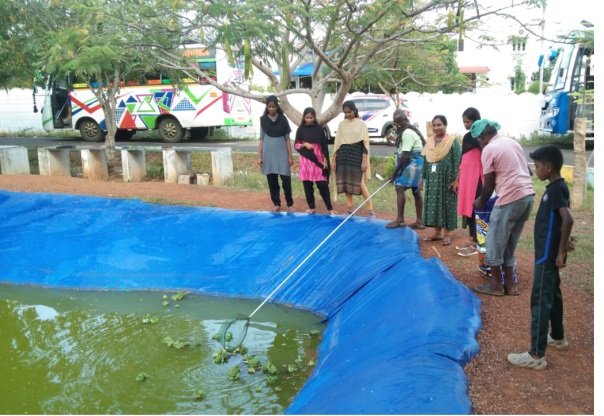



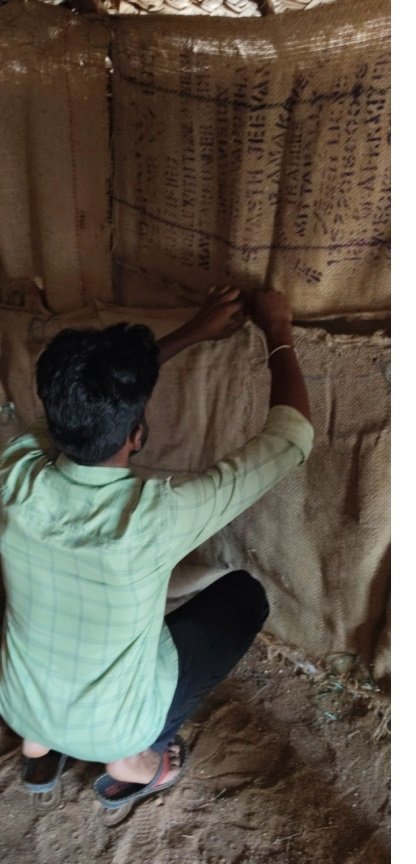
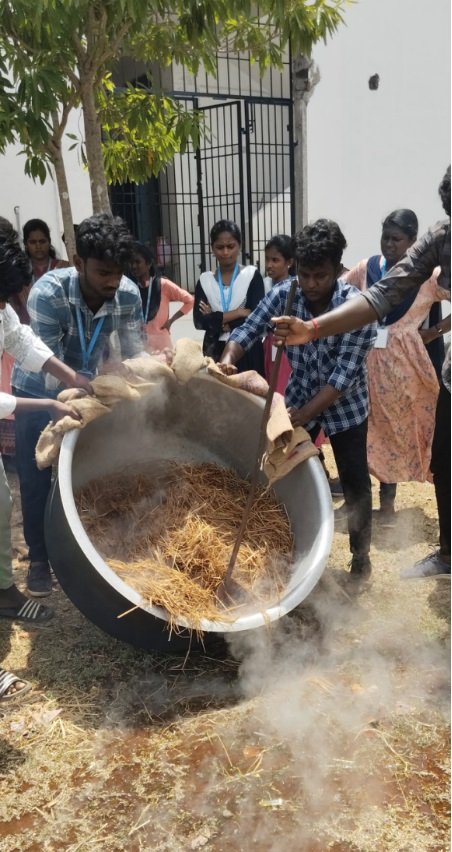
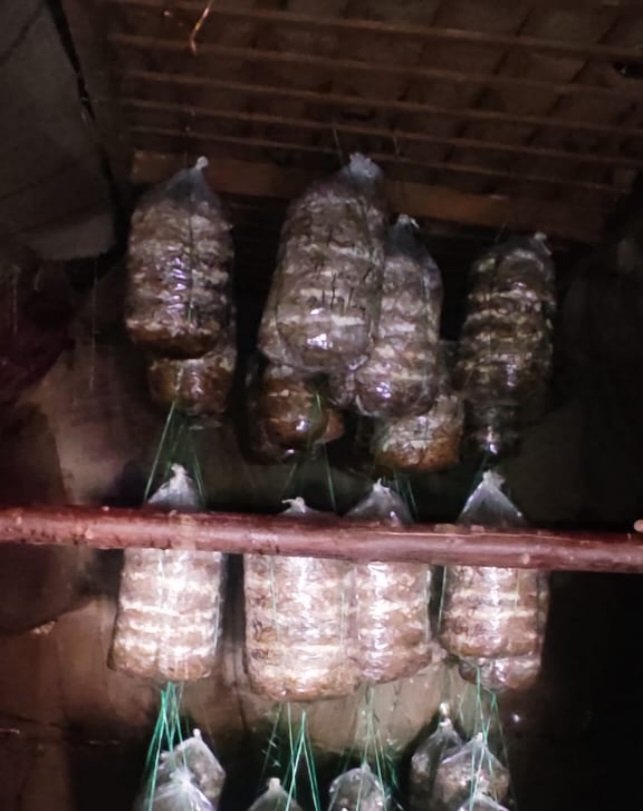
| SI No | Topics | Year | View |
|---|---|---|---|
| 1 |
PROTECTED CULTIVATION OF HORTICULTURAL CROPS | 2025 | View |
| 2 |
ORGANIC FARMING | 2025 | View |
| SI No | INDUSTRY VISITED | Year | View |
|---|---|---|---|
| 1 |
AGRI EXPO 2025 | 2025 | View |
| 2 |
Mascow Tea Factory, Vagamon-Kerala | 2024-2025 | View |
| S.NO | STAFF NAME | DESIGNATION |
|---|---|---|
| 1 | Mr.Hariharan C | Adjunct Faculty |
| 2 | Ms.Pooja S | Adjunct Faculty |
Professor/ Head of the Department
Assistant Professor
Assistant Professor
Assistant Professor
Assistant Professor
Assistant Professor
Assistant Professor
Assistant Professor